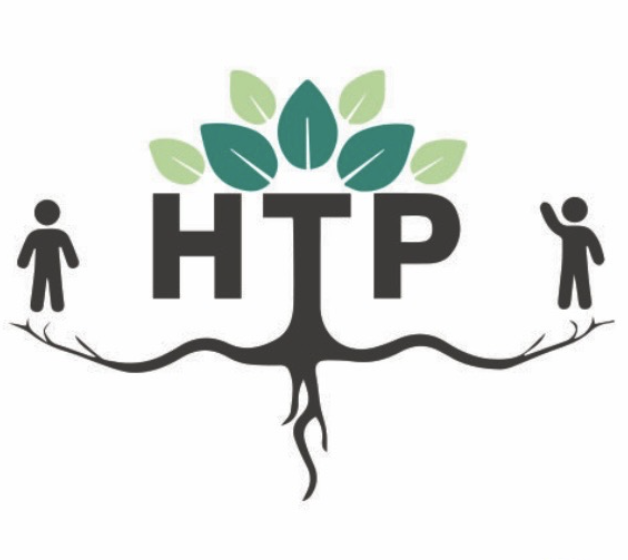Braddahs Helping Braddahs - Standing up to Stigmas
When it comes to seeking help for mental health, there are stigmas that still persist despite many parts of society becoming more “open” to therapy and counseling. For men in particular, these stigmas include beliefs that people who need help are weak, can’t handle their business, or that they should just “man up” and deal with it. Unfortunately, these stigmas create pressure that can keep men isolated from receiving the benefits of therapy.
You may believe that in order for a therapist to help, your therapist must have experienced the same issue you’re facing. While this is generally not the case, it is an understandable perspective that you want someone to help who will understand your experiences. Unfortunately for many men, this can contribute to more difficulty in finding a therapist because there are simply fewer male therapists available.
Like most people, you might not know what to expect from therapy. A stereotype towards therapy, for men in particular, tends to be that just talking about something isn’t going to help solve the problem. Another concern you might have is that therapy will only be talking about problems and that it’s going to make you feel worse by focusing on the issues causing the distress. In reality, a good therapist will include focus on identifying your strengths, and working collaboratively with you to create plans of action to make progress towards your goals. Every therapist works differently, and the most important thing is that you can feel safe and understood within your relationship with them.
In couples therapy, when it seems like the therapist spends most of the session focusing on one person, a common issue is that the other person feels left out. While this can happen in both same or opposite sex couples, gender dynamics can amplify these feelings if not properly addressed. Ideally the therapist should explain why some sessions might focus more on one of the partners, and make sure that both partners feel like the focus of therapy is on the couple.
While there can be many stigmas and barriers keeping people away from seeking professional help, we believe that education and exposure to more options can help everyone feel more comfortable getting the help they need. As rates of anxiety and depression have risen during the pandemic and isolation that comes with it, a personal connection with a therapist can be both a way to cope and learn new ways to take care of yourself. Sharing your burdens can help to lighten the load and help you grow stronger by reconnecting.


